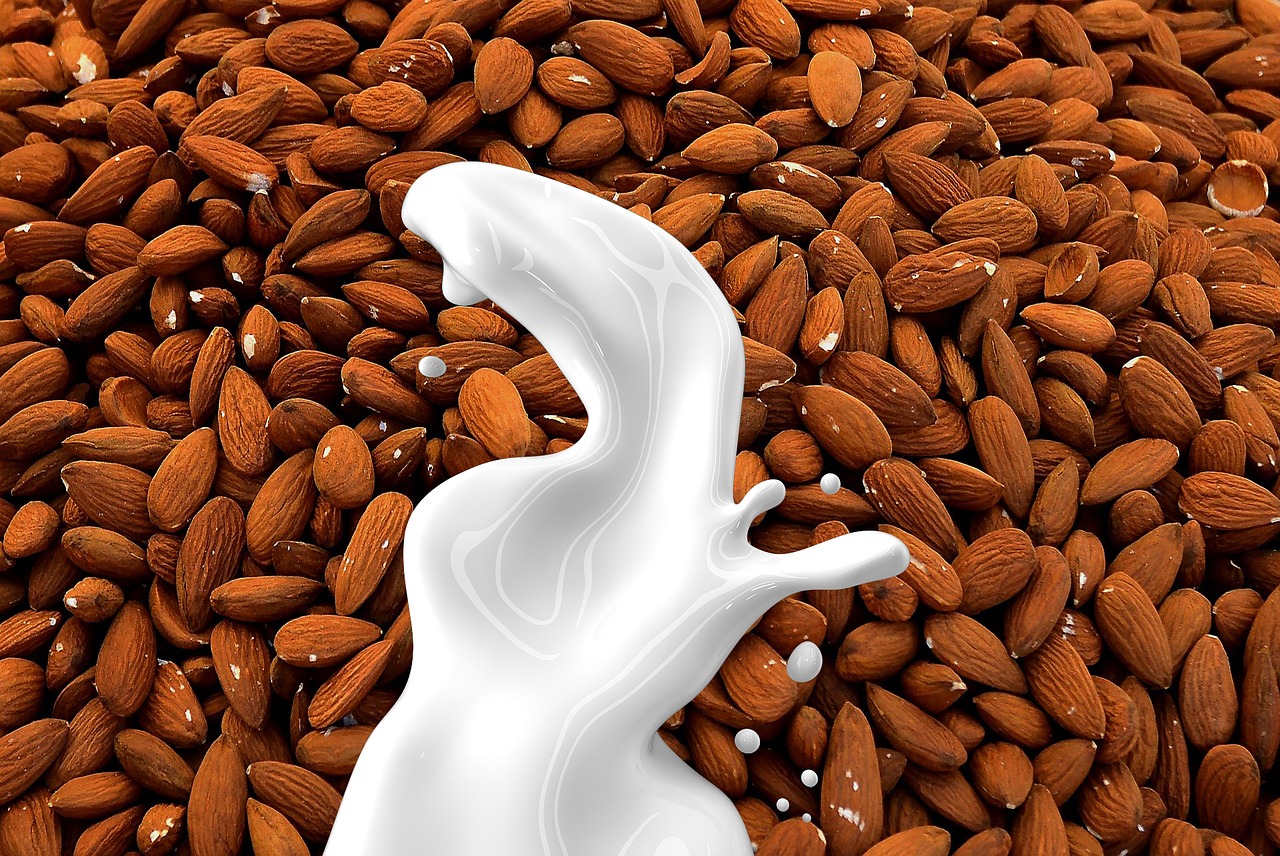
Whether you’re someone who’s looking to make their diet healthier or a milk fanatic who’s unfortunately been cursed with lactose intolerance, there’s a good chance that you’ve heard about plant-based milk before. You may have even seen it in grocery or supermarket shelves, and you’ve been tempted to buy a carton or two just to see how it compares to the real thing.
But what is plant-based milk? Is it something that you should look into consuming daily or just steer clear of? More importantly, is it actually healthy? In this article, we’ll be answering these questions as well as provide some solid data to support those answers. Hopefully, it will provide you with enough information to decide for yourself if you should adopt this food product into your diet.
What is Plant-based milk?
Plant-based milk is just what it sounds like: it’s milk that’s derived from plant sources and not from milkable animals such as cows, goats, and other mammals. These plant sources are diverse and range from soybeans and coconuts to even most varieties of nuts.
To be clear, plant-based milk can’t really be considered as an actual variety of milk, like the ones we get from domesticated animals. Simply put, it’s a liquid made up of water and ground-up plant matter extract (soybeans, nuts, etc.) with additional ingredients to make it have the creamy look and consistency of actual milk. This makes plant-based milk not only a viable substitute for your daily glassful of milk, but also one that can be used in milk-based recipes, such as confectionaries, desserts, and even viands.
Is Plant-based milk just as tasty as regular milk?
Oh, definitely! In fact, it can actually even be tastier, depending on the variety you pick and the brand that you choose. One reason for this is that plant-based milks often sport the flavor of the plant source that they’re derived from. Soy, for example, is a very bland and chalky product. As a result, its plant-based milk variety, soymilk, can be quite tasteless and flat without additional flavors and sweeteners. On the other hand, nut-based milks such as walnut milk and almond milk carry with them their distinct nutty flavors, even without any additional sweeteners or elements. This makes them more pleasing to the pallet and easier to integrate into milk-based dishes/concoctions as a milk substitute.
If you really want the best tasting nut-based milks in the market, though, then you should definitely look at Elmhurst. Elmhurst offers milked nuts that are not only made with the most amount of nuts—ensuring a delectable nutty flavor with every cupful—but they also use a process known as cold pressing in order to manufacture their milk. This ensures that all the vitamins and nutrients from the nuts survive the milking process and is transferred into the milk, resulting in a healthier product.
Why is Plant-based milk even a thing?
For one, it’s sold as a healthy vegan option for people giving up all manner of animal-based food products. After all, while it is called and sold as milk, no animals are harmed during the making of plant-based milks. Second, it’s also a great milk substitute for people who are lactose intolerant but just can’t give up their milk-loving ways. This is because all plant-based milks contain zero lactose, no matter what plant matter they’re derived from.
Is Plant-based milk healthy? Where’s the science to prove it?
Yes, of course it is! To prove it, here are some proven scientific facts about plant-based milk.
- Soy milk is the most nutritionally-balanced of all plant-based milks, having the most protein and calcium per serving. This was proven in a recent study made by Canada’s McGill University.
- Specific nut-based milks have been shown to help protect against heart disease. Walnut and Macadamia milk, for example, contain specific nutrients and elements that help keep the heart healthy and the circulatory system in top shape. These elements include omega-3 fatty acids and monounsaturated fat. Moreover, plant-based milks contain zero cholesterol, something that’s been linked to many serious and debilitating heart diseases.
- Plant-based milks can help dieters and healthy eaters lose weight. Unsweetened nut milks, for example, are very low in calories—as low as 25 calories per cup. This allows you to drink your fill of your chosen variety without feeling guilty or adding to your waistline. So the next time you’re hungry, fill up on a couple of glasses of almond milk first before digging in. The creamy texture and taste will help induce satiety faster, preventing you from overeating.
- Plant-based milks can make you healthier and feel more alive. Besides protecting you from all manner of serious heart ailments and helping you drop those pounds, plant-based milks also contain essential vitamins and minerals that help keep your body moving and going. Hazelnut milk, for example, has large amounts of vitamin B, which helps you convert your food into energy. It also has vitamin E which boosts your immune system.
Conclusion
When it comes to the healthiest and tastiest alternative to whole dairy milk, you don’t have to look farther than plant-based milk. Not only does it have the same creamy goodness as its animal-derived counterpart, but it also has important and scientifically verified health benefits that can lead to a longer and fuller life. Make the switch now—your body and your loved ones will thank you.